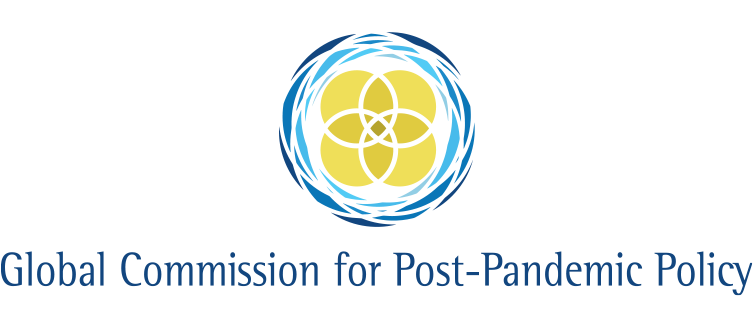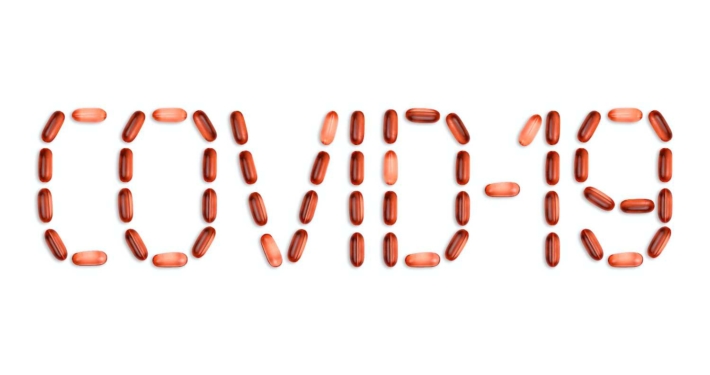The Pandemic, week to March 15th
Health
Worldwide, newly recorded cases of COVID-19 continued to increase. The change brings to an end a general decline in case rates that had prevailed since the first week of January, but that began to level off toward the end of February. The acceleration in global infection rates reflects trends in particular in Europe and Latin America.
In Brazil, the COVID-19 pandemic is now into its deadliest chapter yet. On March 10th, a total of 2,282 new COVID-19 deaths were recorded in the country—a single-day record. In 15 of the country’s 26 state capitals, intensive care units (ICUs) are at more than 90% capacity, including in Rio de Janeiro and São Paulo. The capital Brasilia has now reached full ICU capacity, while two cities—Porto Alegre and Campo Grande—have exceeded their hospital capacity. The new wave of infections is being attributed to the Brazilian COVID-19 variant that originated in the city of Manaus, now spreading globally.
President Jair Bolsonaro’s response to the escalating health crisis in the country has been to urge Brazilians to stop complaining: “Enough fussing and whining. How much longer will the crying go on?” Bolsonaro told a crowd. “How much longer will you stay at home and close everything? No one can stand it anymore.” The government has been slow to order and administer vaccines, with less than 4% of the population having received the first shot of a COVID-19 vaccine.
In the United States, President Joe Biden delivered his first primetime White House address. The president ordered states to plan to make COVID-19 vaccines available to all American adults by May 1st, expressing hope that the country might mark its “independence from the virus” by the Fourth of July. The president also announced a raft of other measures to accelerate vaccinations, including new federal mass vaccination sites, and the authorisation of dentists, veterinarians and medical students to administer shots.
In a virtual summit, the United States, Japan, India and Australia—countries together known as “The Quad”—met to discuss cooperation on issues in the Indo-Pacific region. The nations together pledged by the end of 2022 to supply up to a billion COVID-19 vaccine doses across Asia. The effort will concentrate on dramatically upscaling vaccine production—primarily in India—with financing from the United States and Japan. The move creates competition for the longer-established vaccine diplomacy efforts of both China and Russia in the region.
The World Health Organisation (WHO) granted emergency-use authorisation to pharmaceutical giant Johnson & Johnson’s COVID-19 vaccine—the first single-dose vaccine to get the nod. The decision makes the vaccine eligible for distribution through the COVAX initiative, a programme to boost vaccine access for middle and lower-income countries. The vaccine is well-suited for use in the developing world – Unlike some competing vaccines which require storage at temperatures as low as -70°C, the Johnson & Johnson vaccine can be stored at regular refrigerator temperatures for up to three months.
In Europe, Denmark, Norway and Iceland halted use of the Oxford-AstraZeneca COVID-19 vaccine while the European Medicines Agency (EMA) completes an investigation into the case of a 60-year-old woman who died from a blood-clot the day after receiving the vaccine, and some other blood-clotting cases. Other EU countries including France, Germany, Italy, Romania, Bulgaria and Ireland have followed suit. The World Health Organisation (WHO) emphasises that no causal relationship between the vaccine and blood-coagulationhas been demonstrated and that there is consequently no reason not to continue to use it.
Economy
In the United States, President Joe Biden signed his administration’s signature $1.9 trillion relief and stimulus bill into law. The package—titled the “American Rescue Plan”—will send direct payments of up to $1,400 to many struggling Americans, expand a child tax credit and extend a $300 weekly unemployment supplement. Opinion polls suggest the package is very popular, which is why some Republican Senators who voted against it are now praising the stimulus cheques.
In some circles, notably the bond market, there is concern that the massive stimulus package will cause inflation. In response, Treasury Secretary and former Federal Reserve Chair Janet Yellen addressed the concerns in a televised interview. “I don’t think it’s a significant risk,” said Yellen. “And if it materializes, we’ll certainly monitor for it but we have tools to address it.” On the United States economy in general, Yellen said, “I’m hopeful that, if we defeat the pandemic, that we can have the economy back near full employment next year, and I think this is the package we need to do that.”
In China, the National Bureau of Statistics of China (NBSC) released January and February data for several key economic indicators. The figures paint a picture of rapid growth across the Chinese economy, continuing China’s strong recovery from the COVID-19 crisis. In January and February, industrial production grew at an annualised rate of 35.1%, while retail sales expanded 33.8%—both beating economists’ expectations.
In India, the Ministry of Statistics published its February inflation data. Retail inflation rose from 4.06% in January to 5.03% in February—a worse than forecast increase. In New Delhi, petrol and diesel prices are up 9% and 10% this year, respectively. If the trend continues, it will put pressure on the Reserve Bank of India, which is maintaining low interest rates to stimulate the Indian economy’s recovery from the COVID-19 economic crisis.
In South Africa, Statistics South Africa (StatsSA) published its estimates of 2020 fourth quarter GDP growth. The South African economy grew at an annualised rate of 6.3%—beating economists’ expectations. The figures imply that the South African economy contracted by 7% in 2020 as a whole, a less-than-forecast contraction. The fourth quarter rebound was driven by strong manufacturing data. The sector grew at an annualised rate of 21.1% from October through December.
Politics
UN Secretary General Antonio Guterres used the one-year anniversary of the COVID-19 pandemic to criticisewhat he called the “many examples of vaccine nationalism and vaccine hoarding” around the world. The Secretary General emphasised that “many low-income countries have not yet received a single dose” of a COVID-19 vaccine. “The world needs to unite to produce and distribute sufficient vaccines for all, which means at least doubling manufacturing capacity around the world,” he said. “That effort must start now.”
In the United States, the last year has seen a marked decline in the transparency of government. Obtaining public records on key decisions involving the COVID-19 pandemic is an increasing challenge in many states and cities. The governors of South Dakota, Arkansas, California, Massachusetts, Michigan and New Jersey have been especially keen to thwart efforts by the press to access public records. A variety of legislatures are suspending or ignoring laws setting deadlines to respond to records requests. The pandemic has also allowed local governments to clamp down on the rights of citizens to attend government meetings and hearings.
In Europe, the leaders of Austria, Slovenia, the Czech Republic, Latvia and Bulgaria wrote a joint letter toEuropean Commission President Ursula von der Leyen and European Council President Charles Michel calling for talks among European Union leaders about the distribution of vaccines within the bloc of 27 nations. The move followed public comments by Austrian Chancellor Sebastian Kurz, in which he complained that even though the bloc had agreed on a per-capita based distribution of vaccines, some countries appeared to be receiving considerably more vaccines than others.
In Hong Kong, the Chinese government has introduced new rules enabling foreigners to enter the mainland through Hong Kong to face fewer bureaucratic challenges if they have received a Chinese-made COVID-19 vaccine. The effort appears to be aimed at improving the international appeal of Chinese COVID-19 vaccines in a context of increasing vaccine diplomacy competition. China has delivered Chinese-made vaccines to 69 countries by the end of February, with commercial exports begun in 28 countries.
GCPPP Newsletter
We now publish a weekly newsletter to inform friends and supporters of the Global Commission’s progress and to provide updates when new content is published. Please sign up here:


 Volodymyr Hryshchenko, Unsplash
Volodymyr Hryshchenko, Unsplash
 Adam Nieścioruk, Unsplash
Adam Nieścioruk, Unsplash
 visuals, Unsplash
visuals, Unsplash


